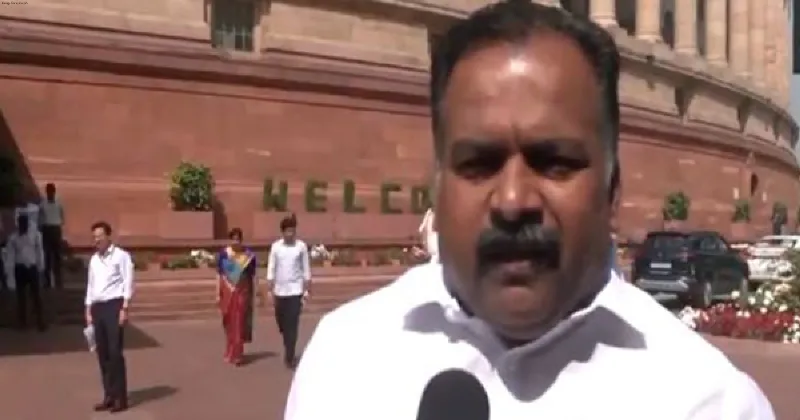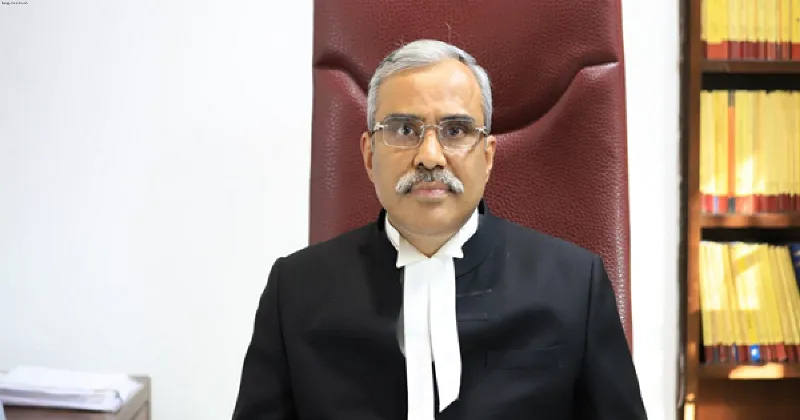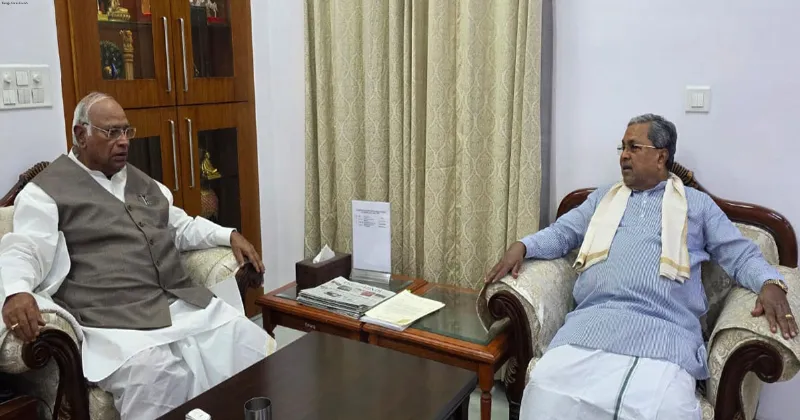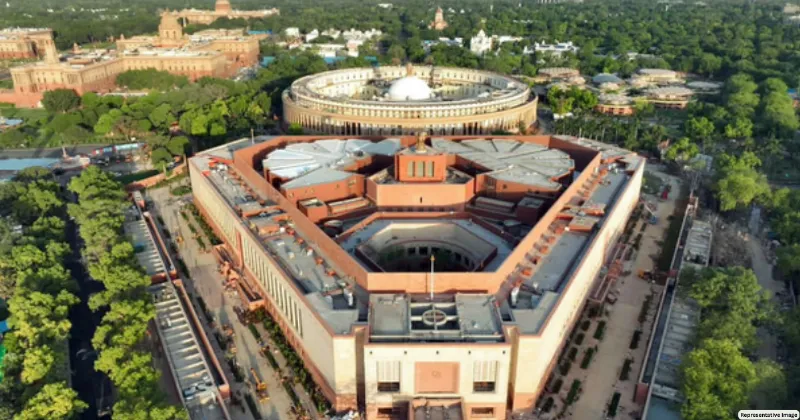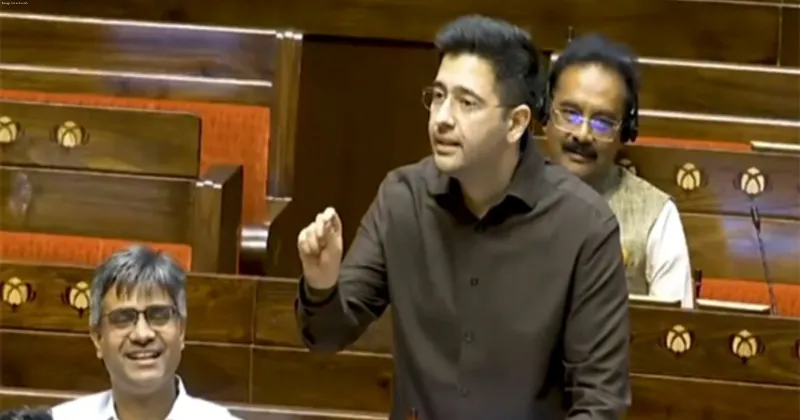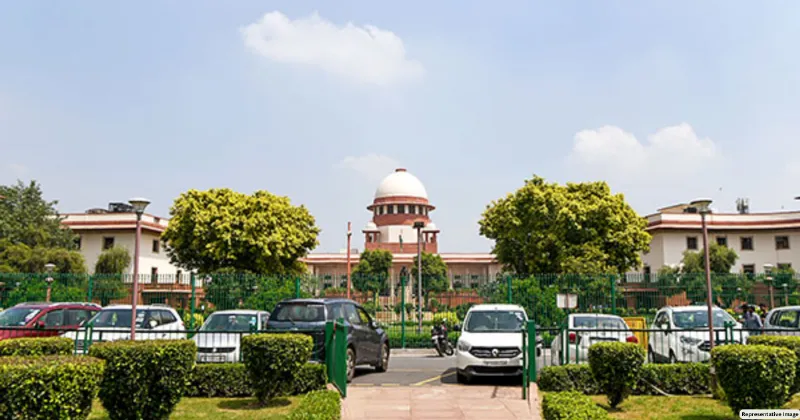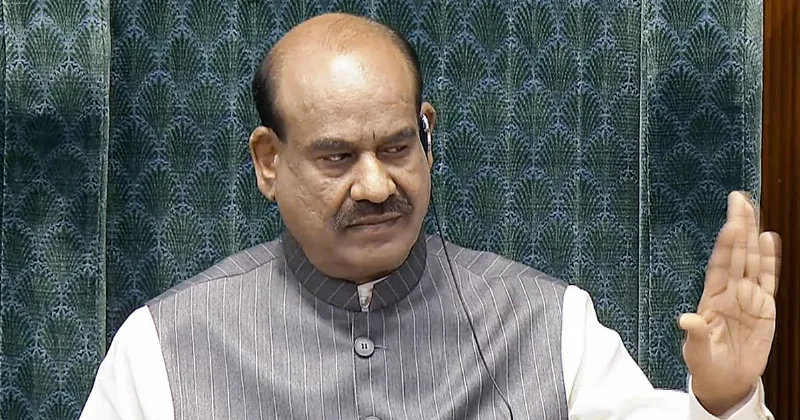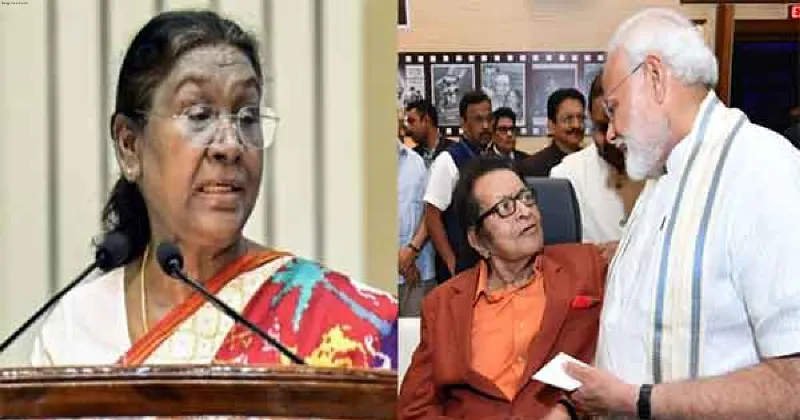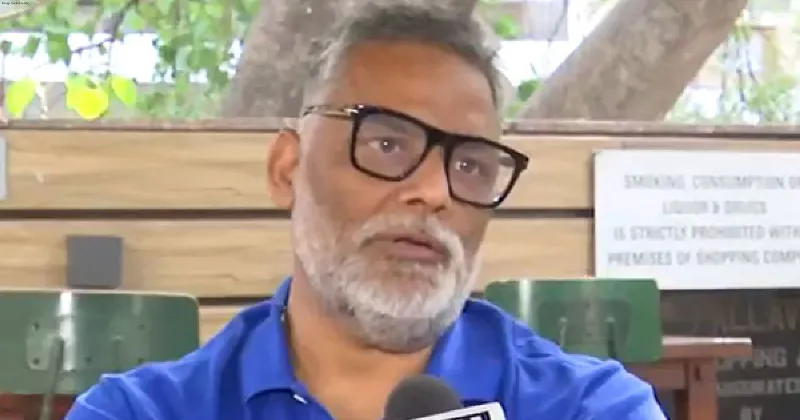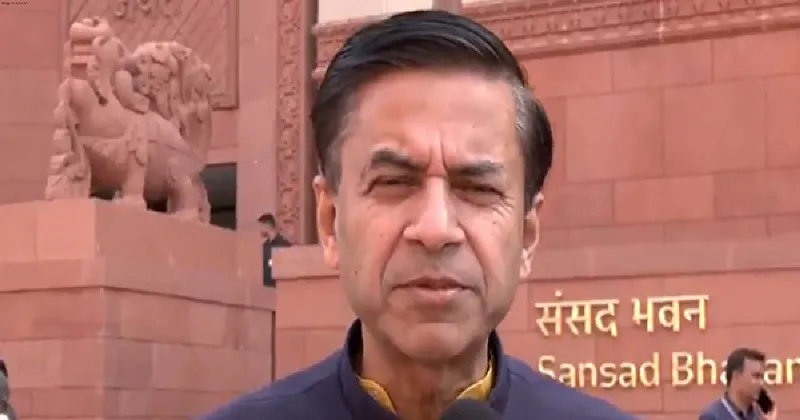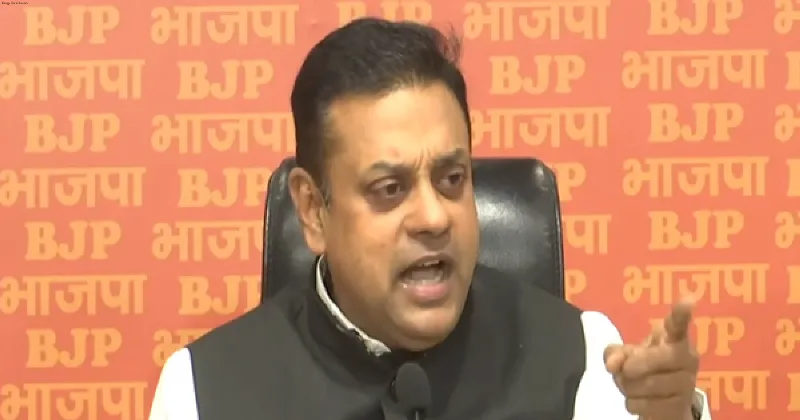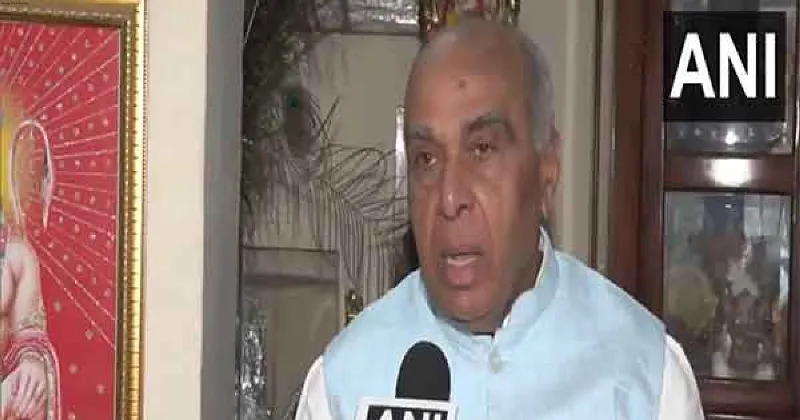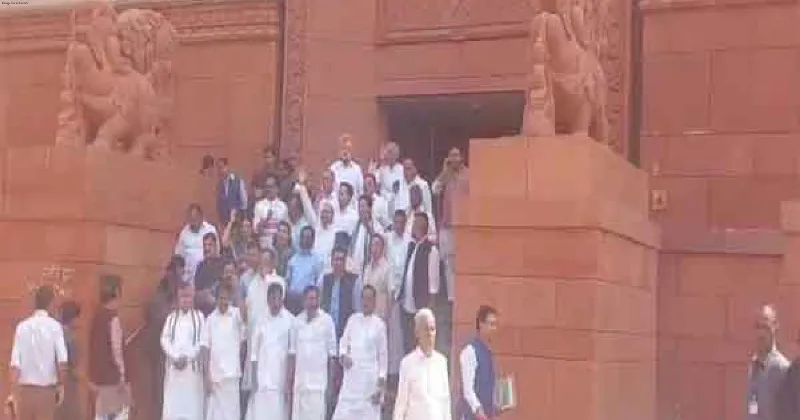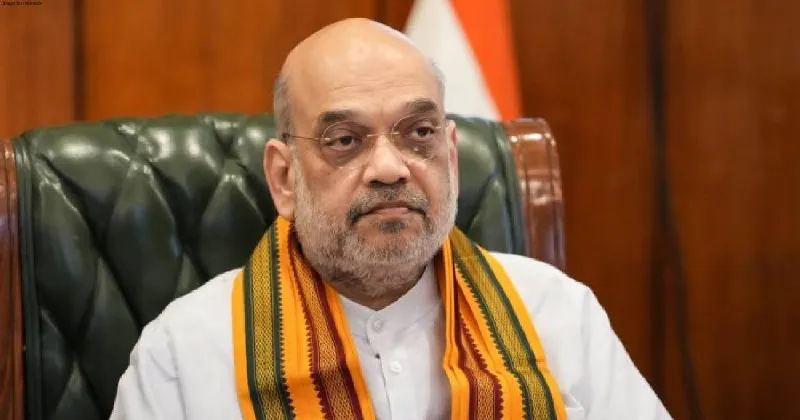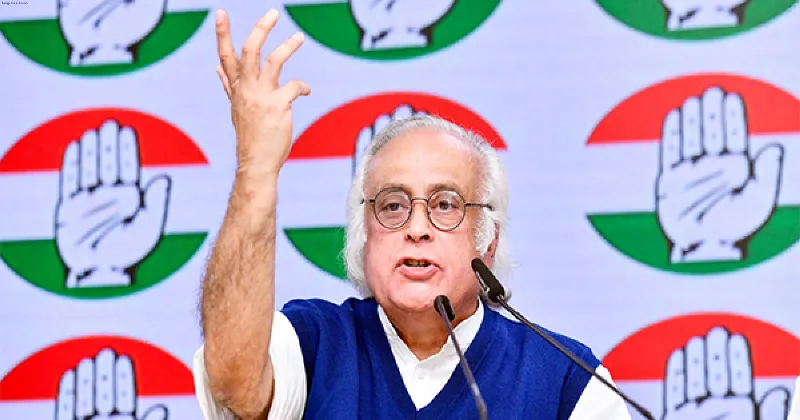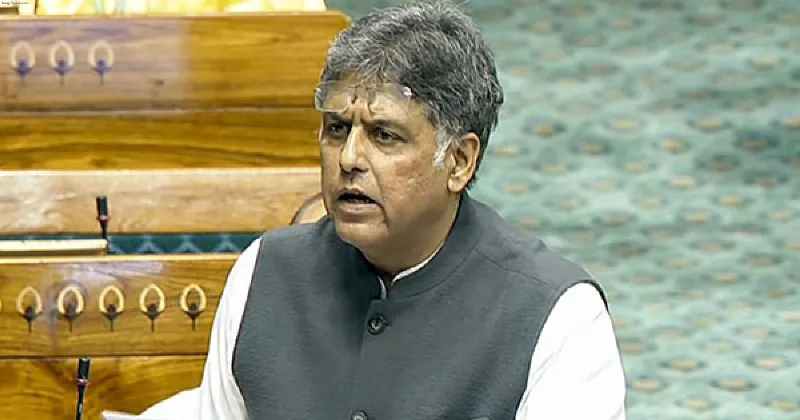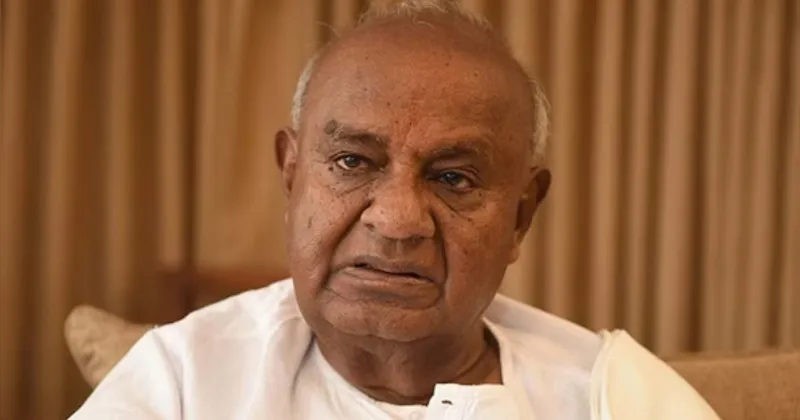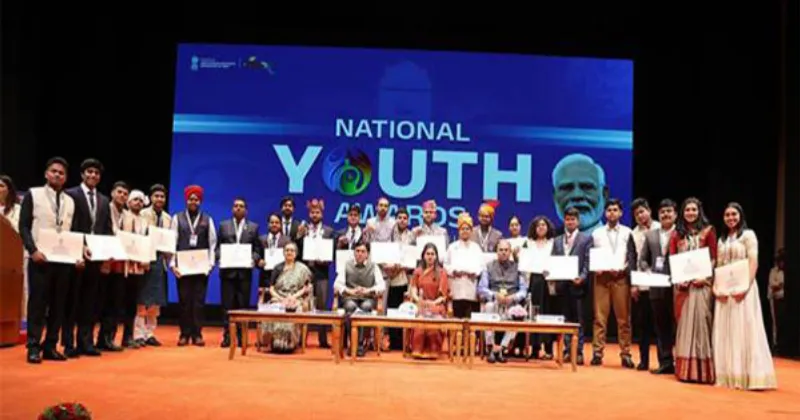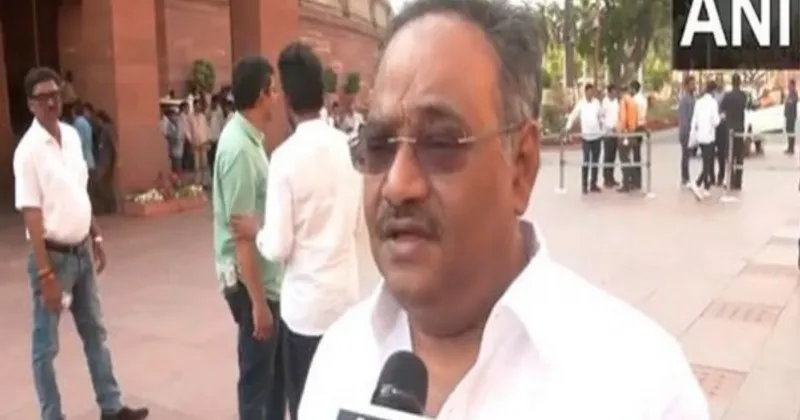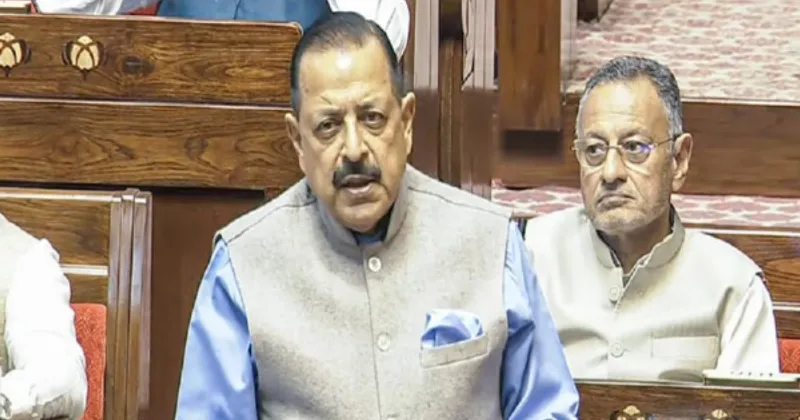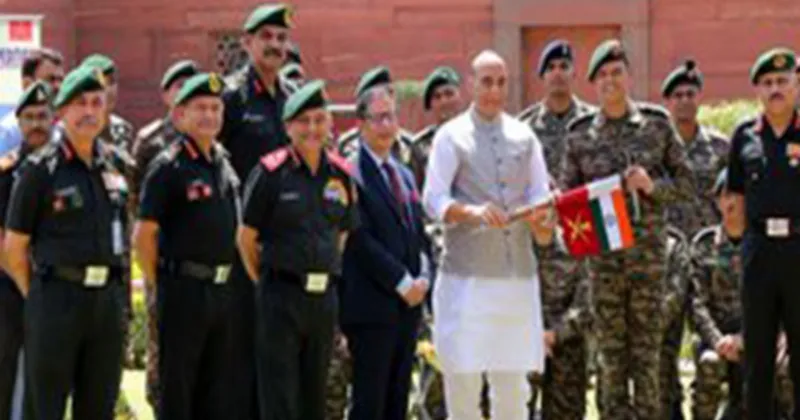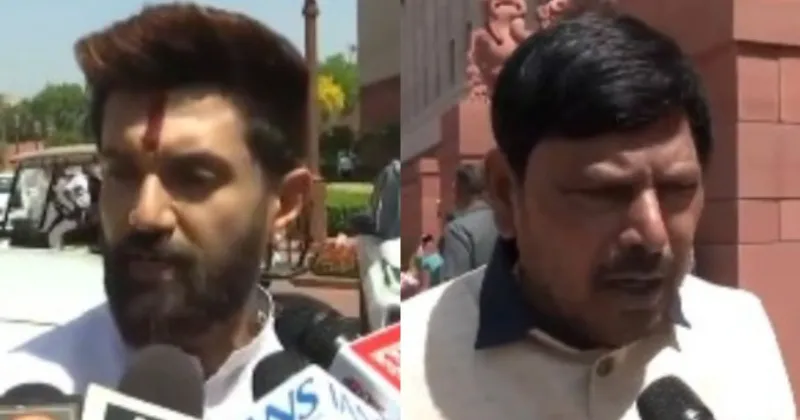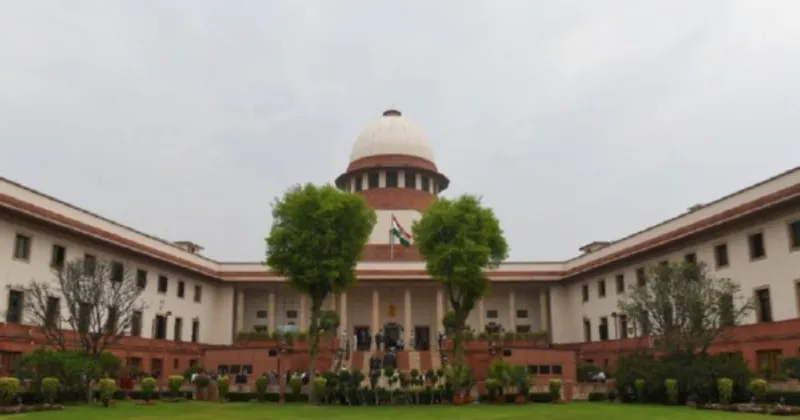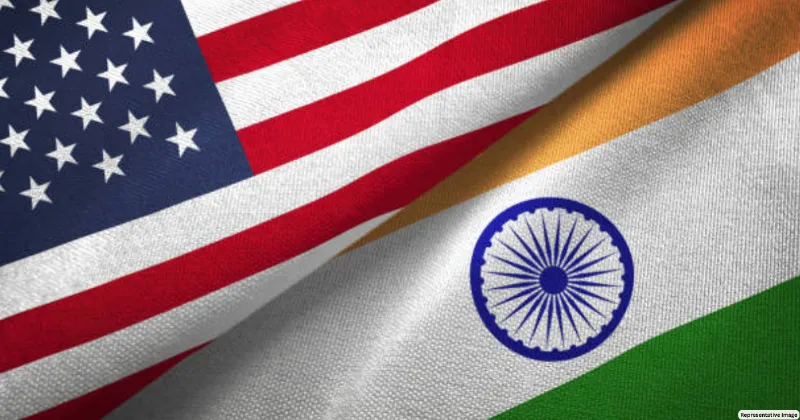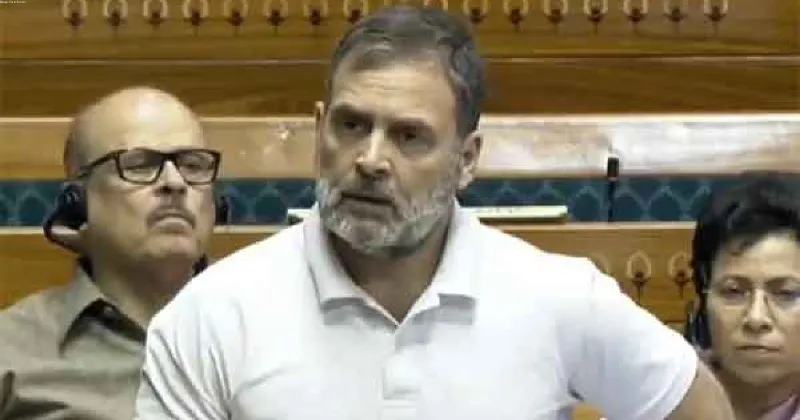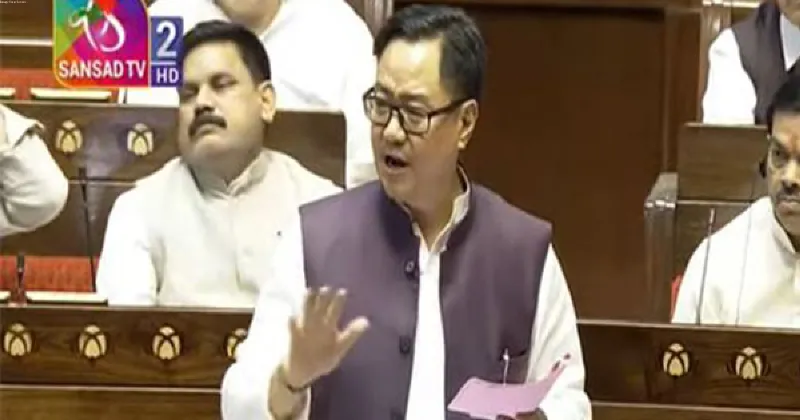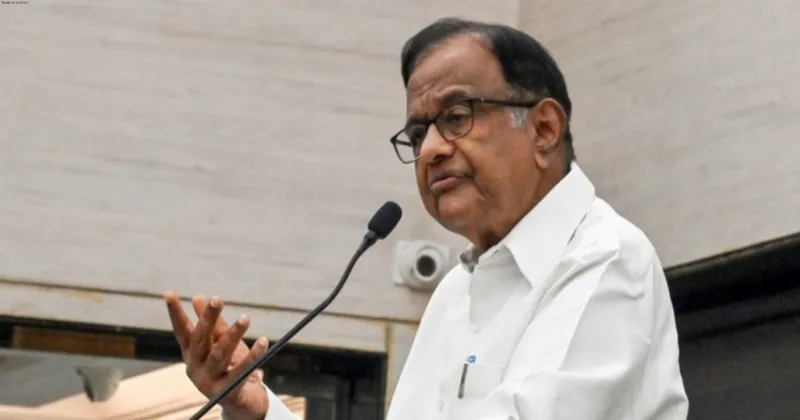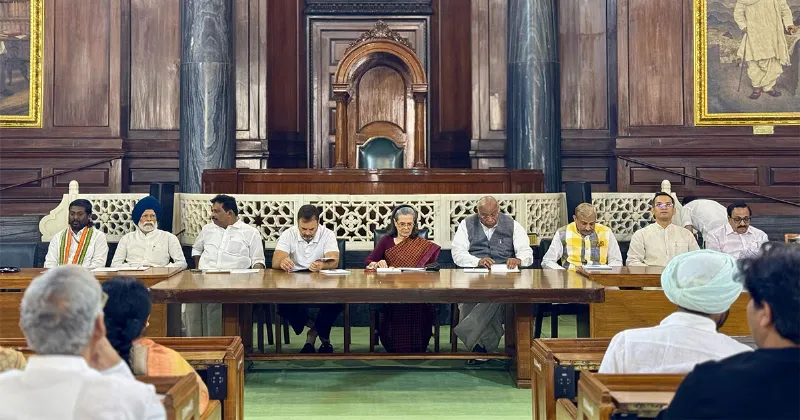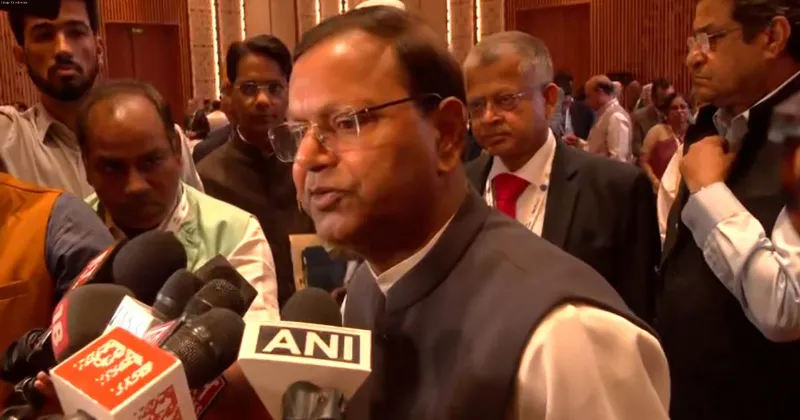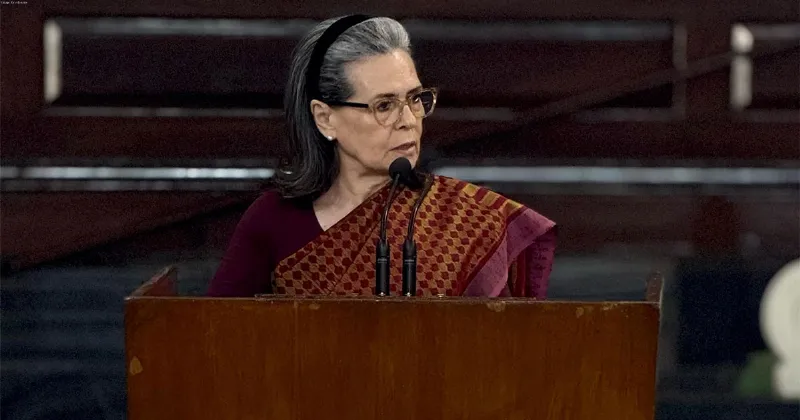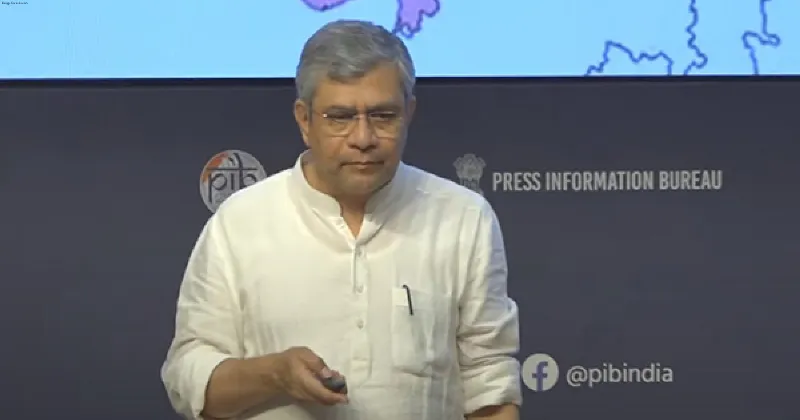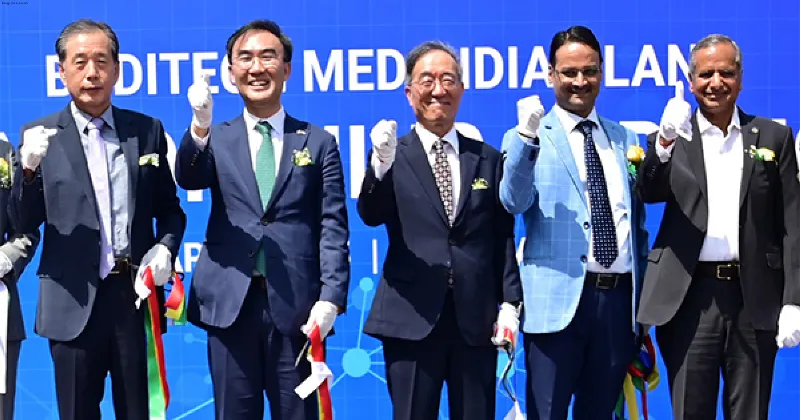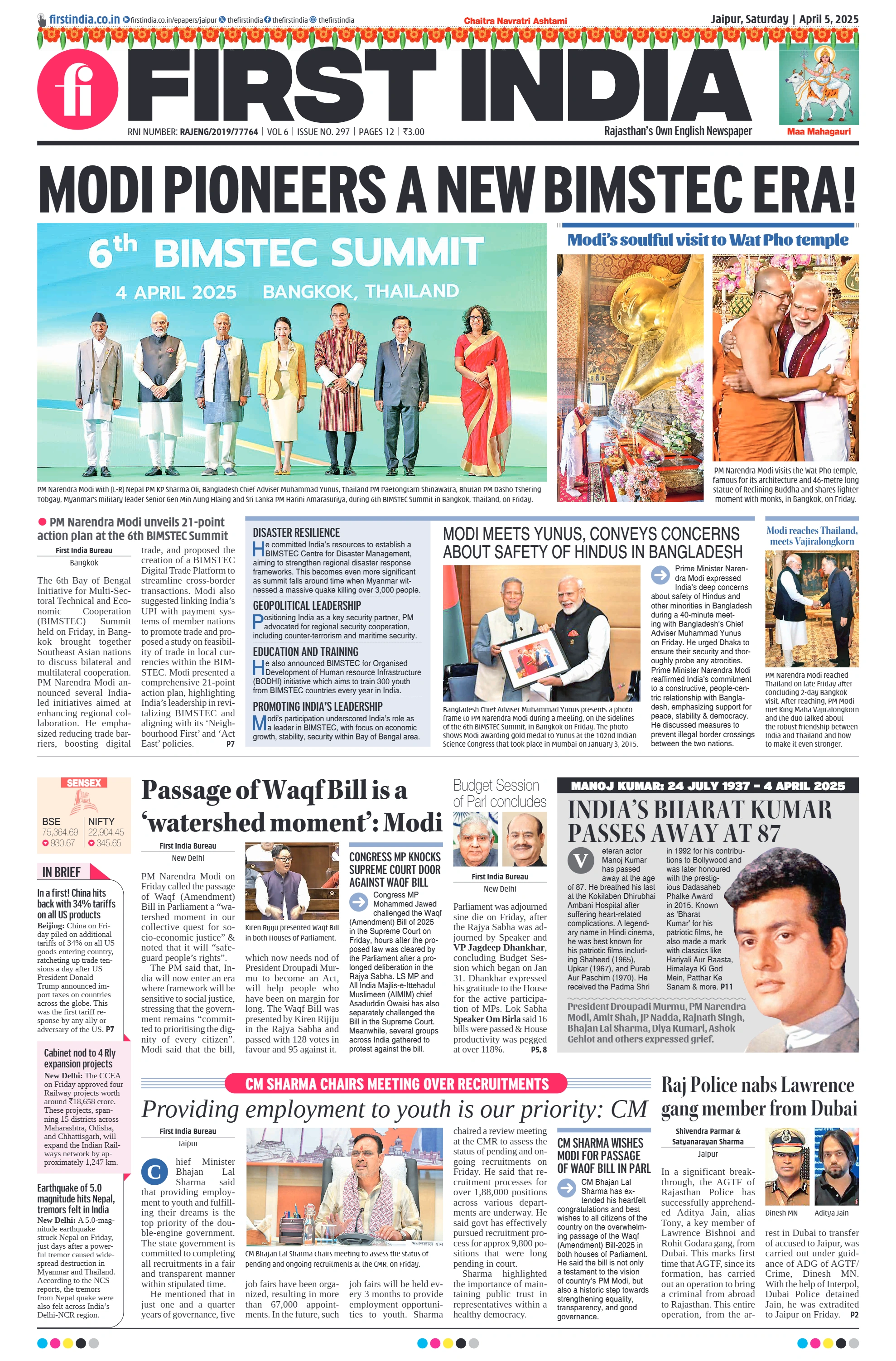New Delhi: Referring to the recent enactment of 'Nari Shakti Vandan Adhiniyam', Lok Sabha speaker Om Birla on Friday noted that women's empowerment is a reflection of the development of any country and now India has moved from women empowerment to women-led development.
Om Birla was addressing a session at the Ninth G20 Parliamentary Speakers' Summit (P20) at YashoBhoomi in New Delhi which was inaugurated by Prime Minister Narendra Modi earlier today.
"Now women's participation has been ensured in the policy-making and decision-making process from Panchayat to Parliament," said Birla. He expressed hope that women-led development will be the vehicle of great change in the 21st-century world.
"Nari Shakti Vandan Bill" was passed on the very first day of the special session in the Parliament of India, through which now one-third of seats will be reserved for women in the Lok Sabha and in the Legislative Assemblies.
Speaking on this occasion, Lok Sabha Speaker Om Birla underlined that the unanimous adoption of The New Delhi
Leaders' Declaration at the recently concluded G20 Summit under the chairmanship of India reflects the global vision of Prime Minister Narendra Modi and the commitment of the participating countries on global issues.
India's G-20 presidency has been inclusive, aspirational, action-oriented, decisive and people-centric, noted Birla.
The P-20 summit reflects India's commitment to democratic values, international cooperation and joint parliamentary efforts to address issues of global importance and contemporary challenges, added Birla.
Mentioning the theme of the Summit, Vasudhaiva Kutumbakam - One Earth, One Family, One Future, Birla said that the theme is rooted in the cultural ethos of Bharat which has been pursuing inclusive development incorporating the interests and priorities of the world at large since ancient times.
Bharat has always considered the world to be one family on the principle of 'Vasudhaiva Kutumbakam' which speaks of our commitment to unity, cooperation and a shared future, highlighted Birla.
Speaking on the subjects which will be deliberated during the Summit, Birla informed that during the two-day
Summit, the delegates will brainstorm on the following four subjects: Agenda 2030 for SDGs: Showcasing Achievements, Accelerating Progress; Sustainable Energy Transition-Gateway to Green Future; Mainstreaming Gender Equality- From Women's Development to Women-led Development; and Transformation in Peoples' Lives through Public Digital Platforms.
Further mentioning the agenda of the Summit, Birla noted that the objective of the Sustainable Development Goals is to create a better world through holistic human development and India has already prepared a policy framework for the achievement of these goals and this has been extensively discussed in the Parliament of India.
He further noted that sustainable energy transition is the biggest need of today's time from the perspective of climate change and India is taking several initiatives in the field of sustainable energy transition, giving priority to green growth and green future.
Speaking on transforming people's lives through public digital platforms, Birla noted that through these platforms we have been successful in bringing a change in the life of the last person in the society.
The use of digital technology developed a new model of inclusivity, transparency and good governance, added Birla.
He further mentioned that digital interventions like DBT, and UPI have paved the way for the all-round development of the country and inclusive governance. The use of technology has also made Parliament accessible to the public, he noted.
Addressing the gathering, Prime Minister Narendra Modi welcomed the dignitaries to the G20 Parliamentary Speakers' Summit on behalf of 140 crore citizens of India.
The Summit is a 'Maha Kumbh' of all Parliamentary practices from across the globe, the Prime Minister remarked.
Underlining that all the delegates present today hold the experience of the Parliamentary framework from different countries, PM Modi expressed great satisfaction with today's event.
Referring to the interconnected nature of the world, the Prime Minister said that a world full of conflict and confrontation is in no one's interest.
"A divided world cannot provide solutions to major challenges facing humanity. This is a time for growth and well-being of all and we have to overcome the global trust crisis and move forward with human-centric thinking. We have to look at the world in the spirit of One Earth, One Family, One Future," he highlighted.
The Prime Minister emphasized that the P20 Summit is taking place on the land which is not only known as the mother of democracy but is also the largest democracy in the world.
"As representatives of different Parliaments from around the world, the Prime Minister underlined the importance of debates and deliberations as he mentioned accurate examples of such debates from history," he added.
The Prime Minister touched upon the constant evolution of and strengthening of the parliamentary traditions of India with time. He informed that 17 General elections and more than 300 state assembly elections have taken place in India since Independence. People's participation is consistently increasing in this largest electoral exercise, the PM pointed out.
He said the 2019 General election where his party was elected to power was the biggest electoral exercise of human history as 600 million voters participated in that. At that time, he said, there were 910 million registered voters, more than the population of entire Europe.
70 per cent turnout among such a large electorate shows the deep faith of Indians in their parliamentary practices.
The 2019 election witnessed record participation of women, he noted.
Referring to the expanding canvas of political participation, the Prime Minister said that more than 600 political parties participated in the last General Election 10 million government employees worked in the conduct of the elections and 1 million polling stations were erected for voting.
The Prime Minister informed the delegates about the recent decision to reserve 33 per cent of seats in the Parliament and the state assemblies for women. He also told them that out of more than 3 million elected representatives in the local self-government institutions, almost 50 per cent are women.
"India today is promoting women's participation in every sector. The recent decision taken by our Parliament will further enrich our parliamentary tradition", PM Modi added.
The Prime Minister highlighted the unwavering faith of the citizens in the parliamentary traditions of India and credited its diversity and vibrancy.
Underlining the importance of wider participation in global decision-making, the Prime Minister said that it was behind the proposal to include the African Union in G-20 which was accepted by all the members.
The Prime Minister expressed happiness over the Pan Africa participation in the forum of P20.
Concluding the address, the Prime Minister underlined that there can be no better medium than public participation to deal with the world's challenges. Governments are formed by a majority, but the country is run by consensus. Our parliaments and this P20 forum can also strengthen this sentiment, the Prime Minister said and expressed confidence that the efforts to improve this world through debate and deliberations will definitely be successful.
President of Inter-Parliamentary Union (IPU) Duarte Pacheco expressed his appreciation for the warm hospitality extended by Lok Sabha Speaker Om Birla and the Parliament of India. He also congratulated Prime Minister Narendra Modi for the successful leadership of the G-20 Summit.
Referring to India's status as the world's largest democracy, Pacheco said that the success of the P20 Summit was a foregone conclusion owing to the centrality and relevance of the Parliament of India to Indian Democracy.
Underlining the foundational value of world peace, Pacheco said that parliamentarians must defend peace in all parts of the world. He added that without peace the world won't be able to achieve other goals like sustainable development.
Pacheco observed that as parliamentarians understand consensus-building based on dialogue and discussion, their role must be increased in solving global issues. He appreciated the work of IPU and P20 in this direction.
Lok Sabha Speaker Shri Om Birla met the Speaker of the National Assembly of the Republic of Korea Kim Jin-pyo on the sidelines of the Parliament 20 Summit.
Birla informed that the year 2023 is important for both India and Korea as it marks the completion of 50 years of diplomatic relations between the two countries. He further informed that India and the Republic of Korea have a multidimensional strategic partnership.
Our relations have strengthened in various fields such as politics, trade, investment, defence, culture, science and technology and people-to-people contacts. Buddhism has played an important role in strengthening relations between the two countries through frequent visits of Buddhist monks and the exchange of knowledge and ideas, underlined Birla.
He stressed deepening parliamentary cooperation between India and the Republic of Korea.
Presiding Officers of Parliaments of G20 nations and of the invited nations, President of Inter-Parliamentary Union (IPU) Duarte Pacheco and other dignitaries also graced the occasion. (ANI)


.jpg)

